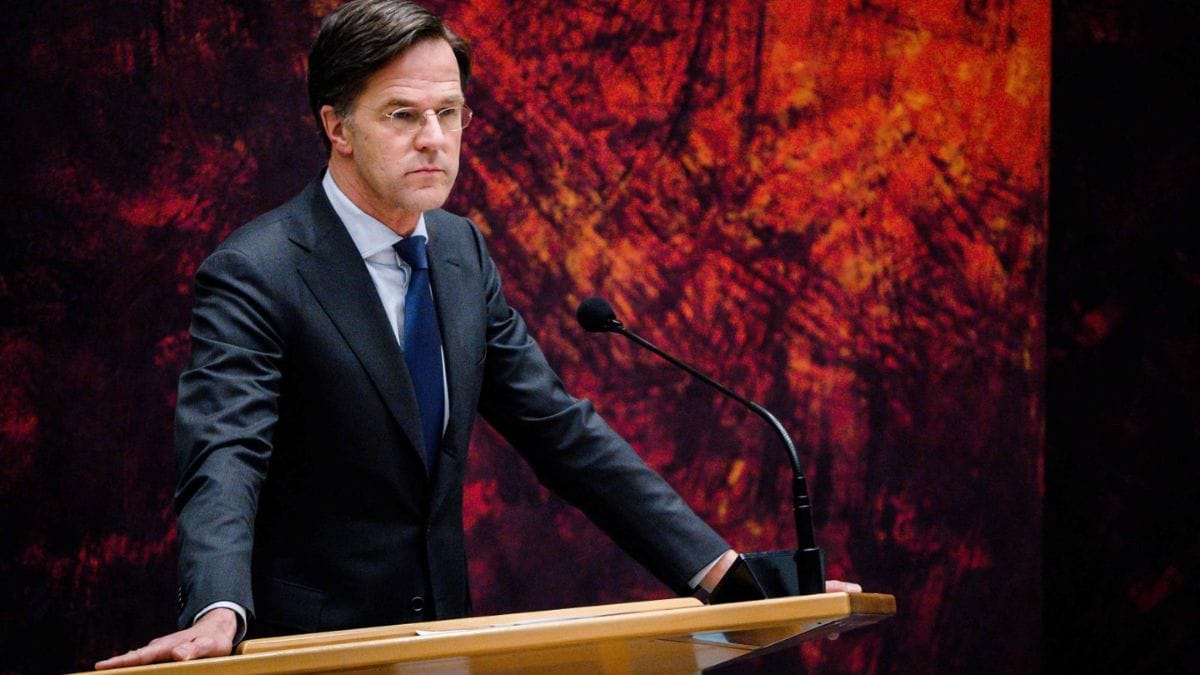

NATO Secretary-General Mark Rutte has recently urged countries like India, China, and Brazil to reconsider their trade relations with Russia, specifically regarding the purchase of Russian oil. This warning comes amid growing concerns that these transactions are indirectly funding Russia's war in Ukraine. Rutte's statement echoes a similar sentiment expressed by U.S. President Donald Trump, who has threatened to impose significant tariffs on countries that continue to import Russian oil if a peace deal is not reached within 50 days.
Rutte, during his visit to Washington D.C., emphasized that these countries could face secondary sanctions if they don't reduce trade with Moscow. He specifically urged leaders in Beijing, Delhi, and Brasilia to pressure Russian President Vladimir Putin to engage in serious peace negotiations. According to Rutte, Trump's announcement regarding potential tariffs was "very smartly, wisely designed". He stressed that NATO would ensure Ukraine has the resources needed for the best possible position during peace talks.
These warnings have sparked debate, particularly in light of Europe's continued reliance on Russian energy. Critics argue that Europe's financial contributions to Russia, through energy purchases, outweigh the aid provided to Ukraine, creating a situation of double standards. Last year, the EU spent €22 billion on Russian energy. Despite calls for sanctions and reduced dependence on Russian resources, the EU still plans to purchase Russian oil until 2027. This dependence raises questions about the effectiveness and fairness of pressuring other nations to cut ties with Russia while Europe maintains its energy lifeline.
The situation is further complicated by the ongoing debate within the U.S. regarding the appropriate response to countries supporting Russia. Senator Lindsey Graham, along with other senators, is backing a bill that would allow Trump to impose a 500% tariff on countries aiding Russia's war efforts. Meanwhile, China has voiced its opposition to unilateral sanctions and asserted it will continue to support Russia.
The issue of energy supply disruption and rising costs remains a significant concern. India and China are among the largest buyers of Russian crude oil, and potential sanctions could disrupt energy supplies and further destabilize global prices.